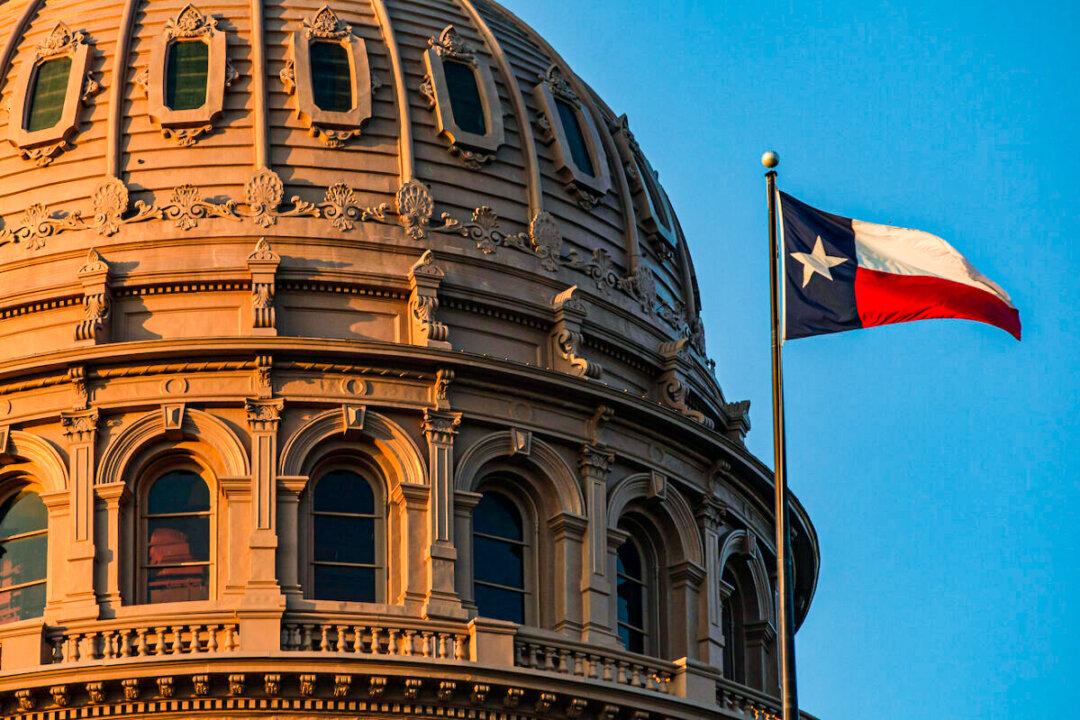The Texas Senate on April 4 granted preliminary approval to two bills aimed at limiting children’s exposure to drag events or other sexual performances across the state.
Senate Bill 12 (pdf), introduced by state Sen. Bryan Hughes, a Republican, would restrict certain “sexually oriented performances” from taking place on public property, on the premises of a commercial enterprise, or in the presence of a child and would make those who violate the law liable to pay a $10,000 fine.




